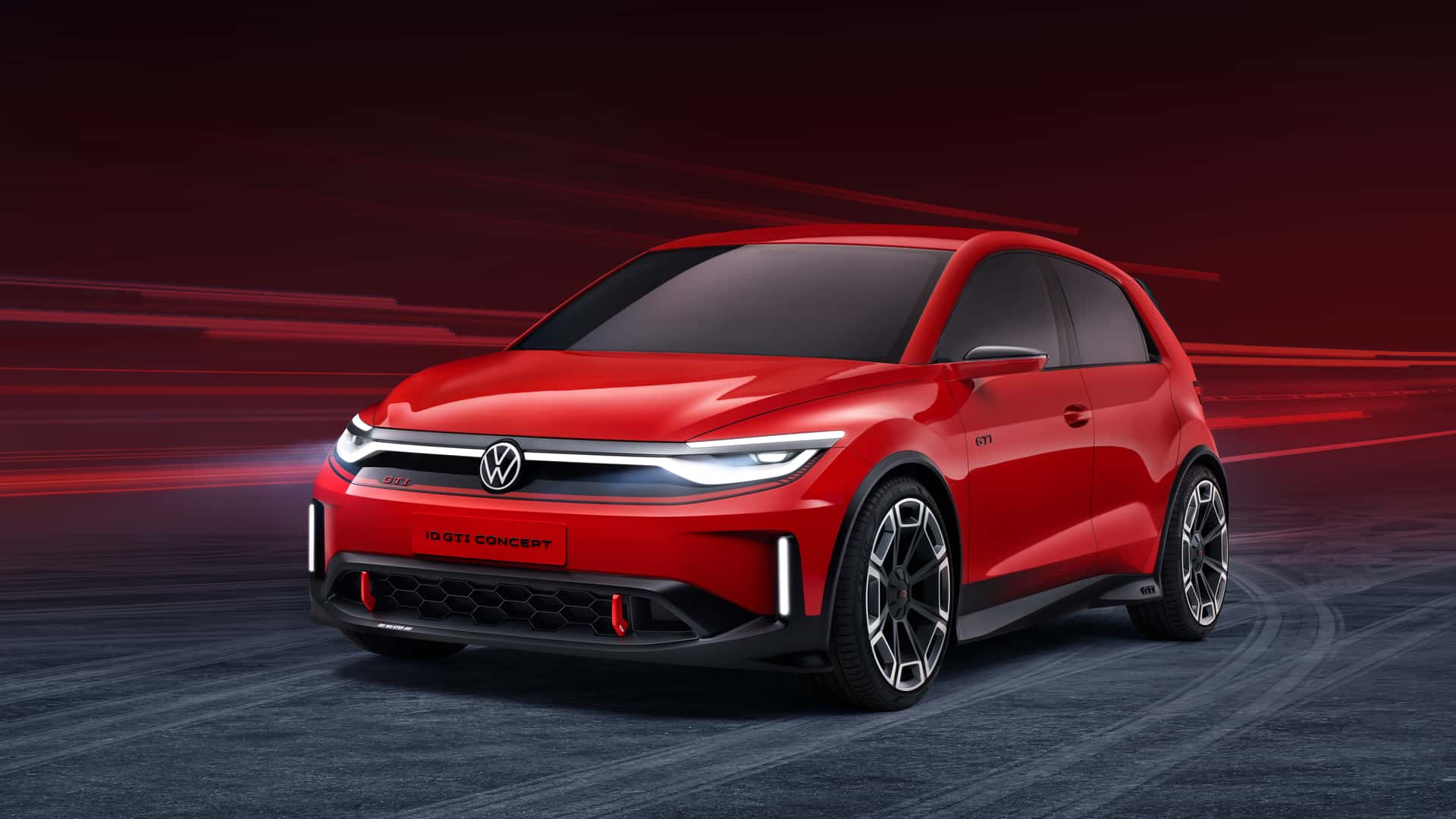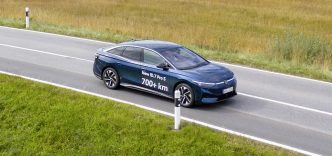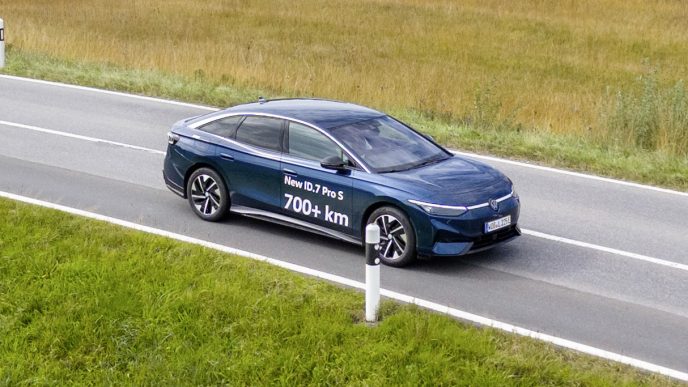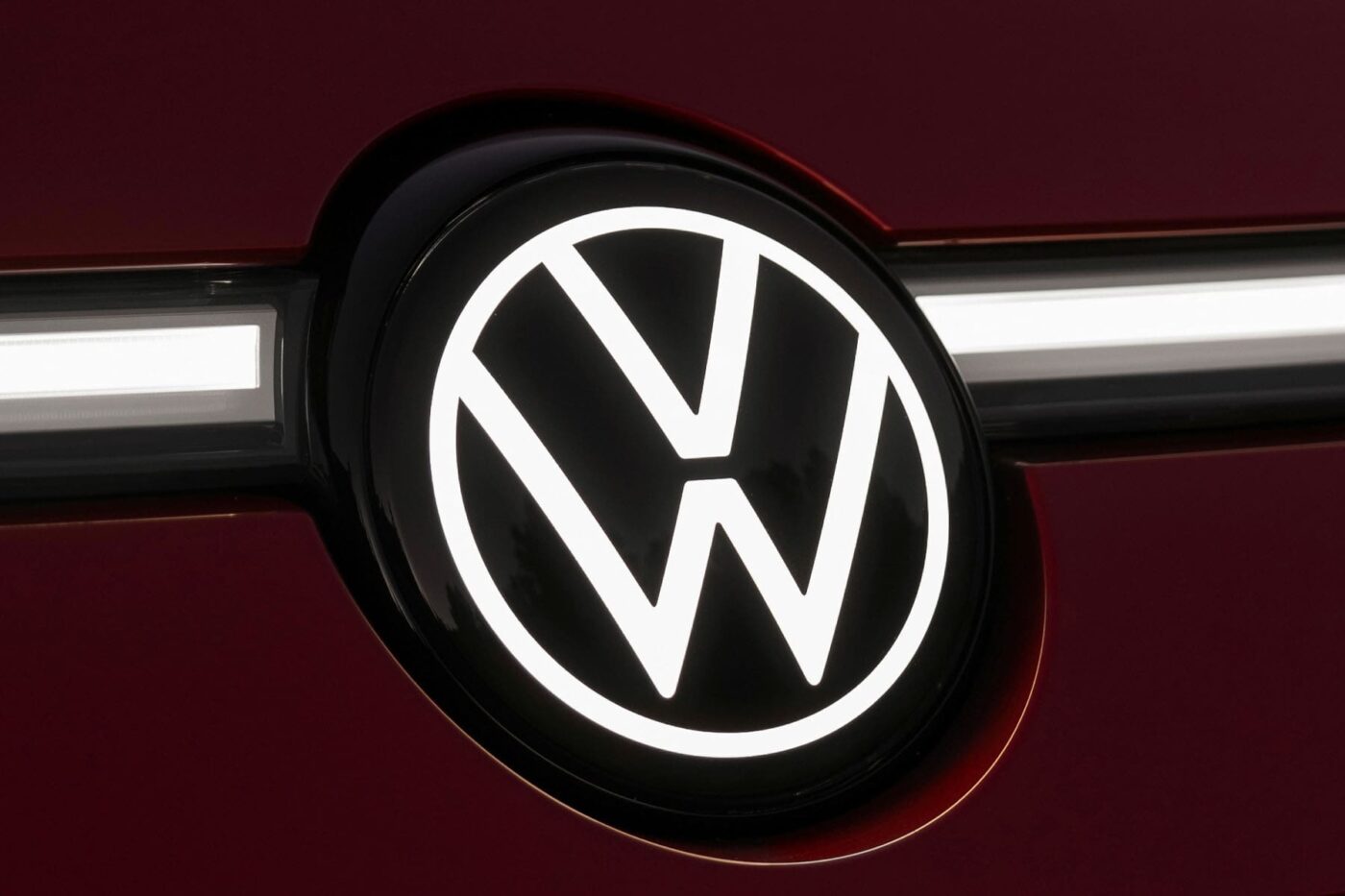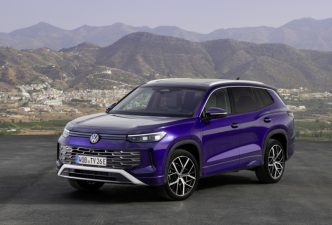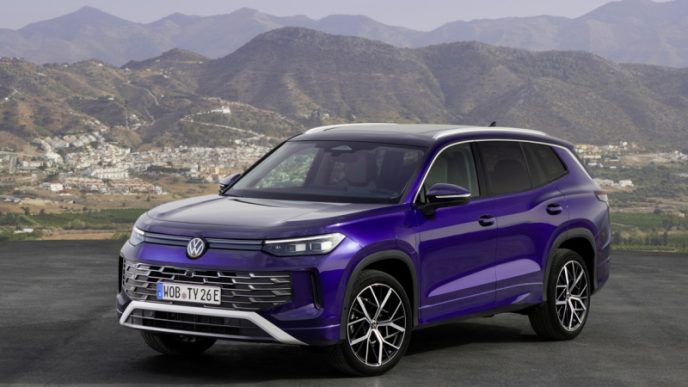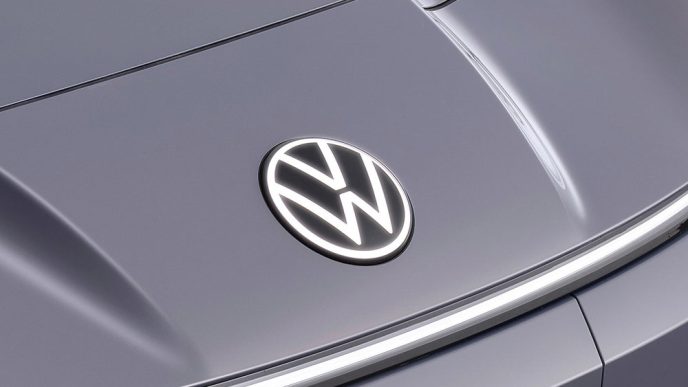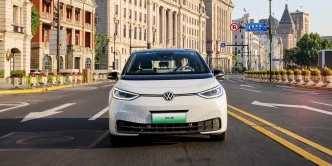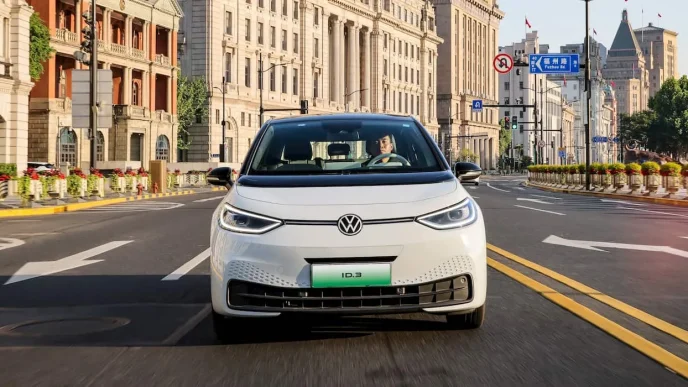A competitive selection process is reportedly underway within the Volkswagen Group to identify the plant designated to produce the anticipated €20,000 electric cars, slated for launch in 2027. According to a report by Der Spiegel, three factories are leading the race, with none located in Germany.
The favoured candidates for this project are the Volkswagen facility in Palmela, Portugal; the Poznan factory in Poland; and Skoda’s main plant in Mladá Boleslav, Czech Republic. The report notes that the VW plant in Bratislava, Slovakia, has minimal chances of being chosen for this project.
Every year, the Volkswagen Group conducts a ‘planning round’ to allocate production responsibilities among its various plants for a five-year period. As the introduction of three small electric vehicles is on the horizon—with the premiere of €25,000 models from Spain expected in 2025/2026—this autumn’s planning round will be crucial in determining the manufacturing site for the €20,000 electric cars. Despite low capacity utilization, the German EV plants in Zwickau and Emden are not considered viable options due to their higher operational costs.
Cost Efficiency vs. Regional Equity
The upcoming electric models from VW include four €25,000 vehicles—a compact car and an SUV from VW, a compact car from Cupra, and an SUV from Skoda—scheduled for production in the Spanish facilities in Martorell and Pamplona. Additionally, the establishment of a battery cell factory by VW’s battery subsidiary, PowerCo, in Sagunt, near Valencia, further supports the likelihood of production on the Iberian Peninsula, positioning the Palmela plant as a frontrunner. Currently, VW is constructing the T-Roc compact SUV at this location.
However, the decision-making process for VW extends beyond mere cost considerations. Der Spiegel highlights that regional proportionality could hinder another significant project being assigned to Southern Europe.
The Skoda plant in Mladá Boleslav may have an edge due to its existing production of electric models such as the Enyaq and the newly introduced Elroq. The Elroq is designed to be competitively priced with its combustion equivalent, the Karoq, suggesting profitability. Nevertheless, the absence of a planned PowerCo cell factory in Pilsen poses a challenge for the Czech plant, as it remains reliant on external battery suppliers. Conversely, procuring batteries from dedicated cell manufacturers may facilitate quicker ramp-up times for new factories, as demonstrated by Northvolt in Sweden.
The Poznan plant, which currently manufactures the VW Caddy and Crafter, is the third contender. This facility has historically emphasized efficient production of light commercial vehicles and has previously produced bodies for other Group brands, including Porsche. Similar to the Skoda plant, the Poznan facility would need to rely on external battery suppliers, although Poland and Hungary are home to several cell factories operated by Asian manufacturers.
Potential Features for Cost-Effective Models
Der Spiegel also reveals that Volkswagen is contemplating eliminating the infotainment screen, a feature common in modern vehicles, from the upcoming €20,000 models—drawing a parallel to the discontinued e-Up, which served as an informal predecessor. This would represent a significant departure, as many budget models still include a screen that supports Apple CarPlay or Android Auto, even if central tasks are managed through the driver’s smartphone.

